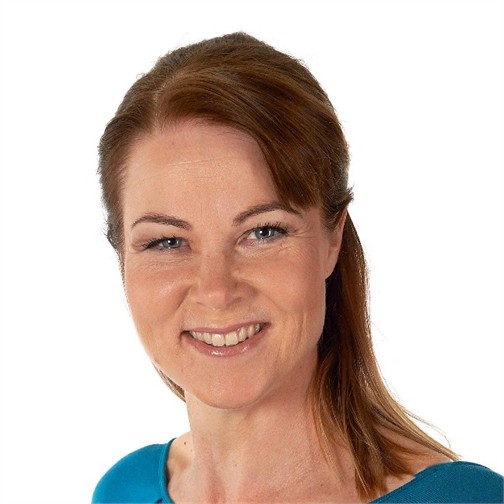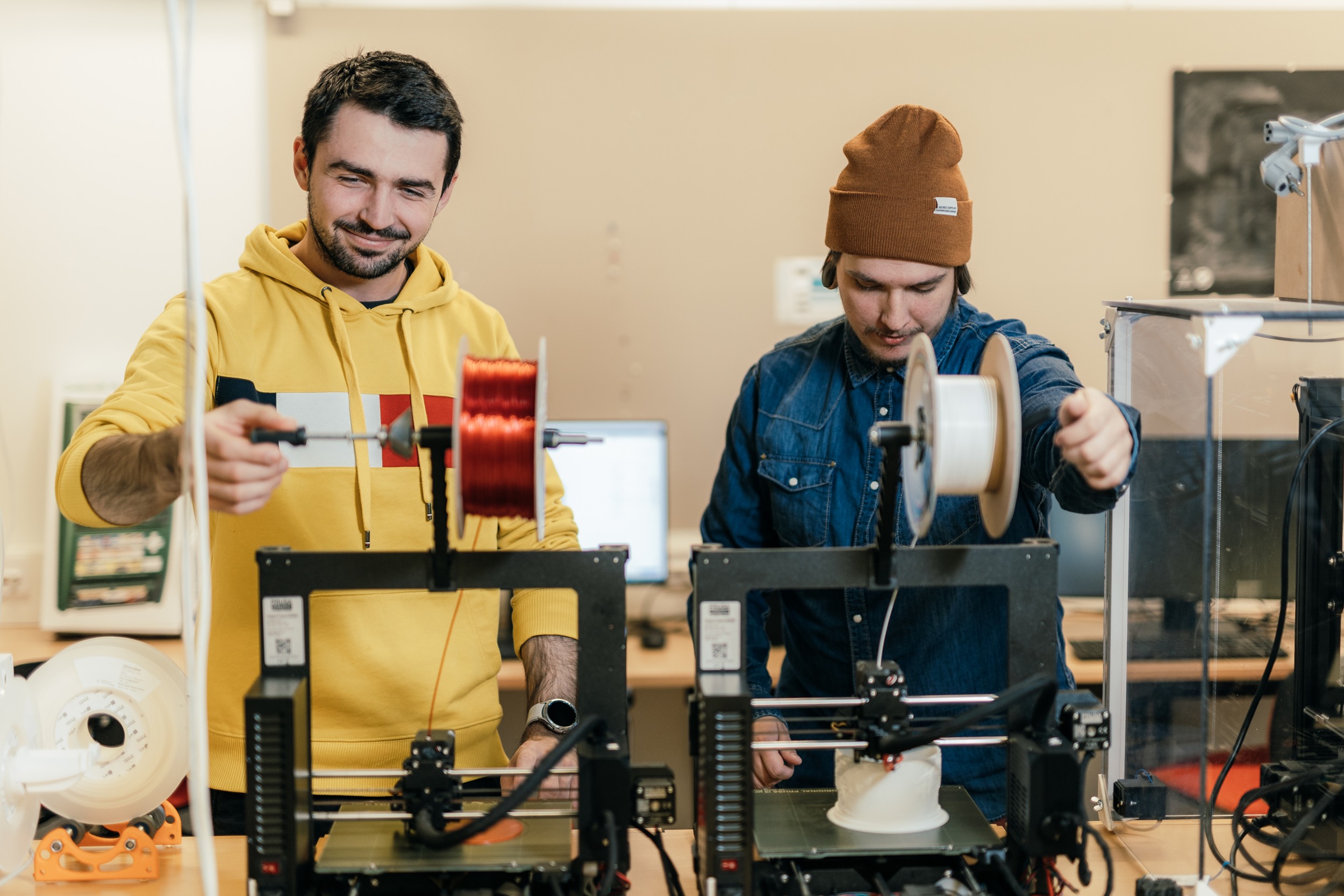
Design Factory
Join the Design Factory community where we develop new solutions together – challenging, inspiring, and utilizing diverse expertise!
DESIGNING LEARNING EXPERIENCES
At HAMK Design Factory, we design learning experiences. Our interdisciplinary research and teaching team operates within a Design-Based Education (DBE) setting where interdisciplinary student teams work together with industry partners to solve authentic real-life challenges. Our research focuses on students’ learning experiences, authentic university-industry collaboration, design methodologies, and implementing educational change.
During the projects, students get to expand their thinking and work in a multidisciplinary field and thereby find new perspectives and ideas. During the studies, students will also learn new methods and tools like Design Thinking and also develop teamwork skills and self-management. Companies are heavily involved in our operations, so students can network with operators from different fields and potential employers already during their studies. At Design Factory, we aim to participate in answering the challenges of the future by creating a common language, cooperation and innovations between different fields. Come join us to build solutions and network!
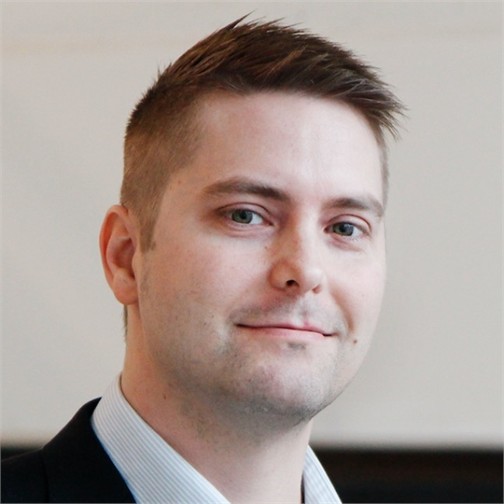
Courses
Welcome to a new kind of learning environment!
In Design Factory the work takes place in interdisciplinary teams strengthening each students’ own area of expertise. The idea of Design Factory is to enable learning by doing in authentic industry projects solving development challenges. All Design Factory courses follow Design Thinking processes where students emphatize with the users, defines the problem, ideates, prototype and test their ideas.
International Product Development Project (iPDP) is an unique opportunity to work around real-life company projects in interdisciplinary and international student teams! HAMK’s students from any fields are welcome to join and no previous experience from product development or Design Thinking is needed.
iPDP is organized together with an international university partner inno.space Mannheim as a part of Design Factory Global Network (DFGN) co-operation. iPDP is especially great for students that are interested in innovating and who wants to co-create with students from different fields. The project’s aim is to recognize the product or service development possibilities and to find innovative insights for development.
Most of the problems are given and sponsored by manufacturing companies, who are searching for innovative cooperation with the next generation of product developers. At the start, much attention is directed to the forming of highly motivated multidisciplinary teams. A project typically includes phases of planning, searching for information, creation of concepts, decision making, and detailed computer-aided development. The product phases of manufacture, assembly, and testing are strongly related to the most valuable learning experiences. In the end, the student team make a concrete prototype that is build in Design Factory laboratory and presented to client in the Final Gala.
Watch Roosa’s alumni video from PDP 2020!
PDP (Product Development Project) is a multidisciplinary course where students solve real-life company problems. Most of the problems are given and sponsored by manufacturing companies, who are searching for innovative cooperation with the next generation of product developers. At the start, much attention is directed to the forming of a highly motivated interdisciplinary team.
A project typically includes phases of planning, searching for information, creation of concepts, decision making, and detailed computer-aided development. The product phases of manufacture, assembly, and testing are strongly related to the most valuable learning experiences. In PDP students have an opportunity to learn more in specific areas while working as a safety officer, business shark, team manager, or economy manager.
In Data Analytics course students learn the basics of data analytics and the possibilities of using data-analytics in work-life. Through case tasks, students can apply data analytics in developing applications. Teams are a combination of students from Bioeconomy Engineering, Business Information Technology, Computer Applications, and International Business that have skills and knowledge needed to develop data analytics solutions for companies.
Data Analytics Project is an 8 weeks-long sprint, where a data analytics solution is developed to the topics presented by project sponsor. A project sponsor is a company that describes the topic and problem and supply the student team with relevant data. The students learn the basics of data mining and the use of Excel and Power-BI in data-analytics. After completing the project, the students have a thorough understanding of the possibilities of data analytics.
HAMK Design Factory organizes different workshops for students from different fields. There are seven different workshops where students can choose the ones they like. The workshops are open for everyone and almost all the workshops are fully e-courses. Workshops are open from August to June.
At the moment the course contains seven workshops but there is a possibility for more to be added later. There are courses for:
- 3D modeling
- 3D printing
- Graphic Design
- Information Design
- Laser working
- UI Design
- Website Design
If you need more information and help with how to apply, please contact:
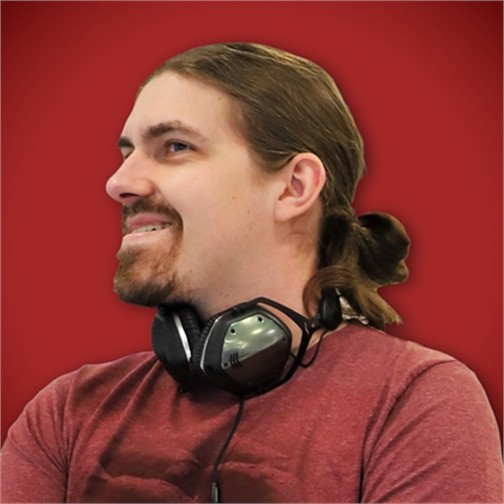
- 10 cp project
- 5 cp Design Thinking course
The course starts with the Design Thinking course in May and the course continues with teamwork in June and July. The final presentation will be held in August. A more detailed timing will be confirmed later. Summer studies contain weekly meetings and project work in teams.
Locations and workspaces
You can find services of HAMK Design Factory from our Hämeenlinna, Valkeakoski, Forssa and Riihimäki campuses.
Hämeenlinna
HAMK Design Factory’s main location is in the E-building of Hämeenlinna University Center. The facilities are equipped for building prototypes and hosting events.
Within the same premises, there’s also a digital product development laboratory for smart and sustainable design programme. The laboratory offers expertise in design technology and services for 3D scanning, modeling and printing (clay/plastic), digital paper and textile printing, as well as laser cutting technology.
Please note that using the equipment and workshops always requires orientation by a responsible person at the Design Factory.
Please contact:

At Hämeenlinna, we offer many different working spaces:
A multipurpose workspace where events, lectures, and lightweight prototypes can be developed. The space includes a stage, presentation equipment, and two screens. It’s easy to customize the space with collapsible tables and chairs according to individual needs, accommodating approximately 50 people.
People in charge: Markku Mikkonen, Ville Siipola
Materials to work with: Plastic 3D filaments, large-format printer rolls for draft, double weight, and photo paper (max. width 1112mm), vinyl tapes (max. width of the roll 600mm). Note: For 3D printing, files need to be in STL format, and for large-format printing, files need to be in Illustrator or PDF format.
Equipment:
- Roland vinyl cutter
- HP Designjet Z2100 large-format printer
- Sigma 3D printer (3 units)”
Responsible persons: Markku Mikkonen, Ville Siipola Materials to work with: Paper, cardboard, leather, fabric, plywood, and acrylic sheet. Note: Maximum cutting thickness 6mm, no restrictions on surface engraving. Equipment: Fusion 130W (1016 x 711mm), Zing 30W (406 x 305 mm)
Equipment: Workbench, oscilloscope, multimeter
Responsible person: Markku Mikkonen
Materials to work with: Plywood, boards, MDF, and particleboard. Note: When working in the woodshop, it’s necessary to use ear protection and safety goggles at all times.
Equipment: Circular saw, table saw, band saw, planer, jointer, lathe, bench drill press, belt sander, disc sander, and spindle sander.
Materials to work with: Metal rods, pipes, angle pieces, threaded rods, and flat bars.
Note: When working in the metal workshop, it is necessary to always wear ear protection, safety goggles, and protective clothing.
Equipment: MIG welding machine, bench drill press, sheet metal cutting table (guillotine), milling machine, lathe, bench grinder, gas torches, and edge bender.
Riihimäki
The Riihimäki facilities have equipment for building prototypes and spaces for working. The spaces are located in the premises of the Riihimäki campus, next to the cafeteria.

Forssa
At the Forssa campus, the focus is on work-life projects emphasizing sustainable development and data analytics.
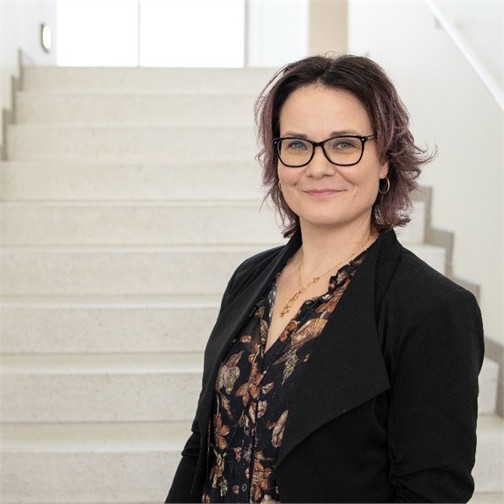
Anne-Mari Järvenpää
Principal Research Scientist, tenure track
Valkeakoski
The premises of Valkeakoski Design Factory are currently under construction in the basement of Building B.
